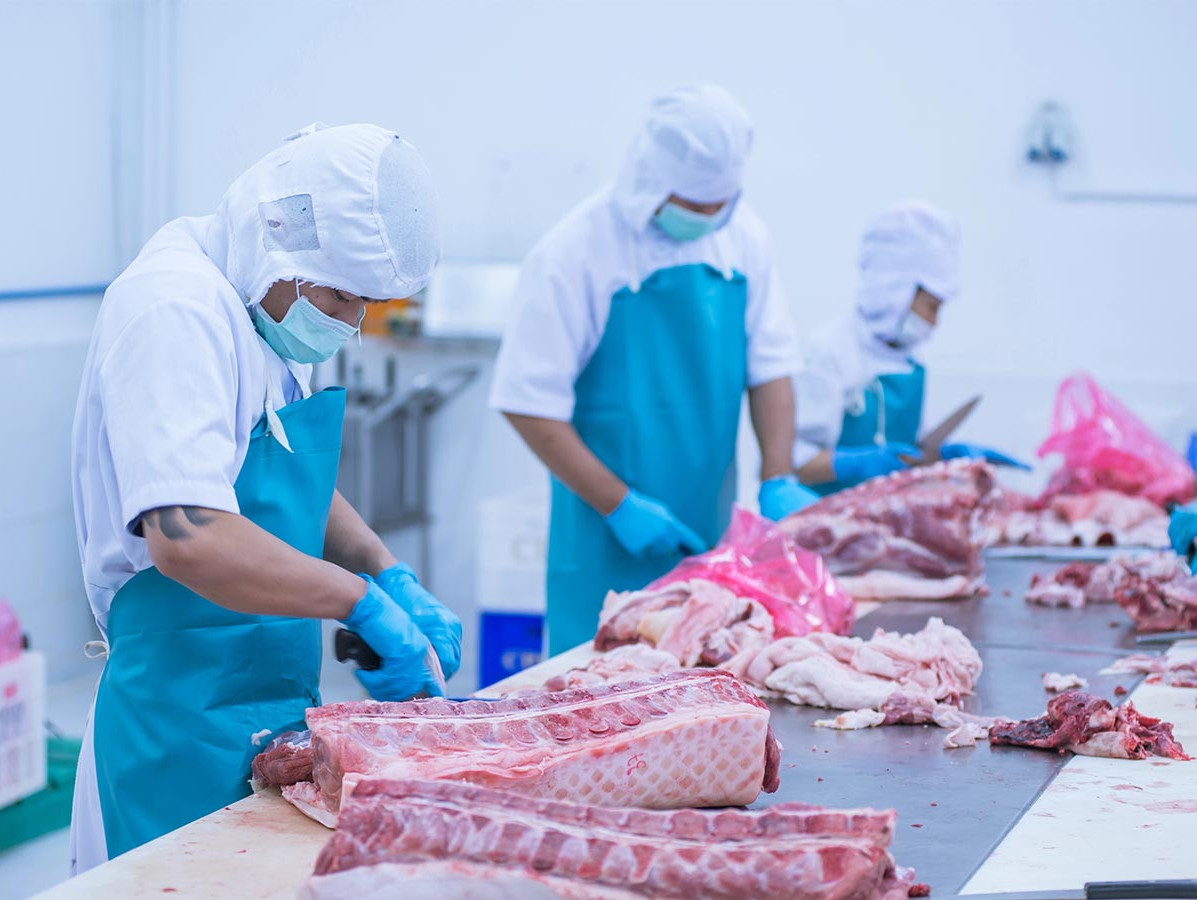
A complete ban on migrant workers is unnecessary and disproportionate. Minister Van Hijum (Social Affairs and Employment) is exploring the possibility of banning labor on a sectoral level. This proposal was sent to the House of Representatives on September 2. While there are issues with migrant workers at fraudulent employment agencies, the meat industry is actively addressing these problems. A blanket ban is not needed for this sector and would be excessive.
Industry organizations COV, Nepluvi, ABU, and NBBU have initiated various measures to eliminate abuses. In addition to legislation, they rely on private certification for employment agencies, such as those provided by the Stichting Normering Arbeid (SNA) and the Stichting Normering Flexwonen (SNF). In collaboration with the minister, efforts are being made to tighten enforcement, establish new collective labor agreements, create a reporting center, and provide checklists for employment agencies. A public-private task force has also been set up to improve the exchange of information between the government, private systems, and industry organizations, so that problems can be identified and resolved more quickly.
The use of the independent platform Workinnl as a reporting center for abuses is under consideration. This initiative is supported by regional WIN information points. COV endorses the swift implementation of the Employment Agencies Admission System Act (TTA), which regulates an admission system for employment agencies.
Abuses at rogue employment agencies occur in multiple sectors. A challenge for the meat sector is that temporary workers are covered by the meat sector’s collective labor agreement, which offers more protection than the collective labor agreement for temporary work. If international workers leave unexpectedly without notice, employers are still required to continue paying them. The only option to terminate the employment contract is immediate dismissal, but this should not lead to misuse of rules related to deductions or fines. COV seeks to address this, but the Labor Inspectorate does not provide information on ongoing investigations, complicating targeted action.
COV continues to consult closely with its members and employment agencies to prevent abuses. Further improvements are welcome, but cooperation with the government and national inspectorates is necessary. International workers play a crucial role in the food supply of the Netherlands and Europe, and we must ensure they are treated well.
Source: COV